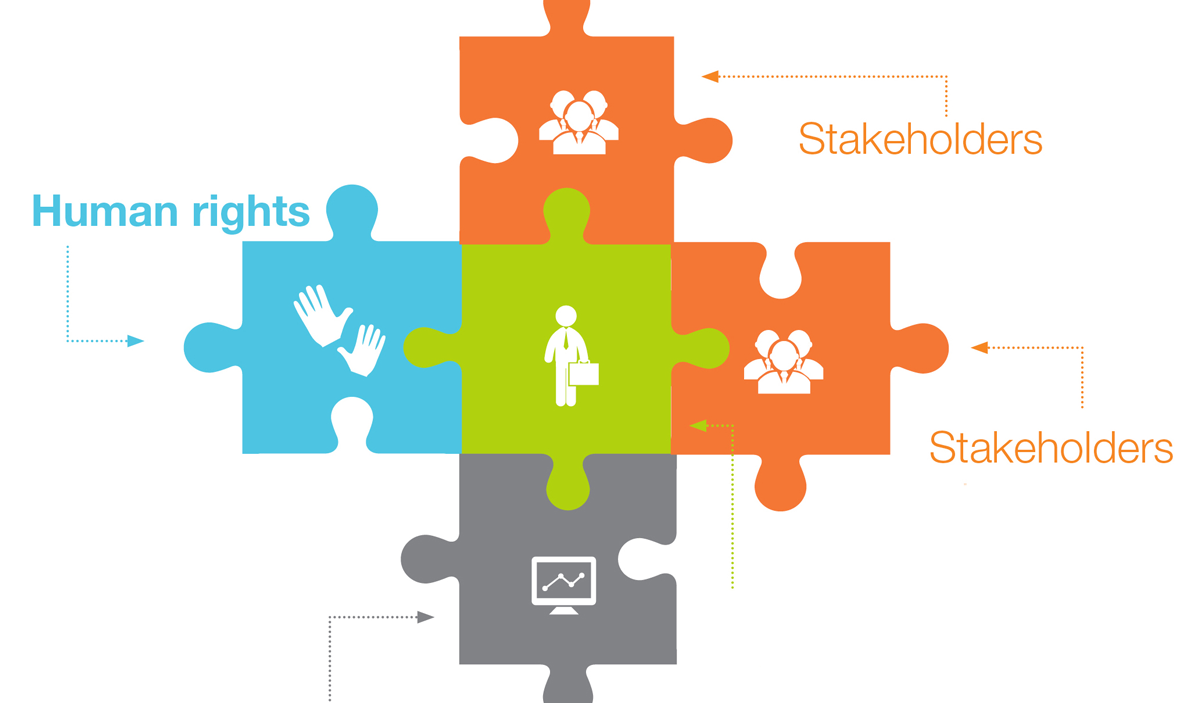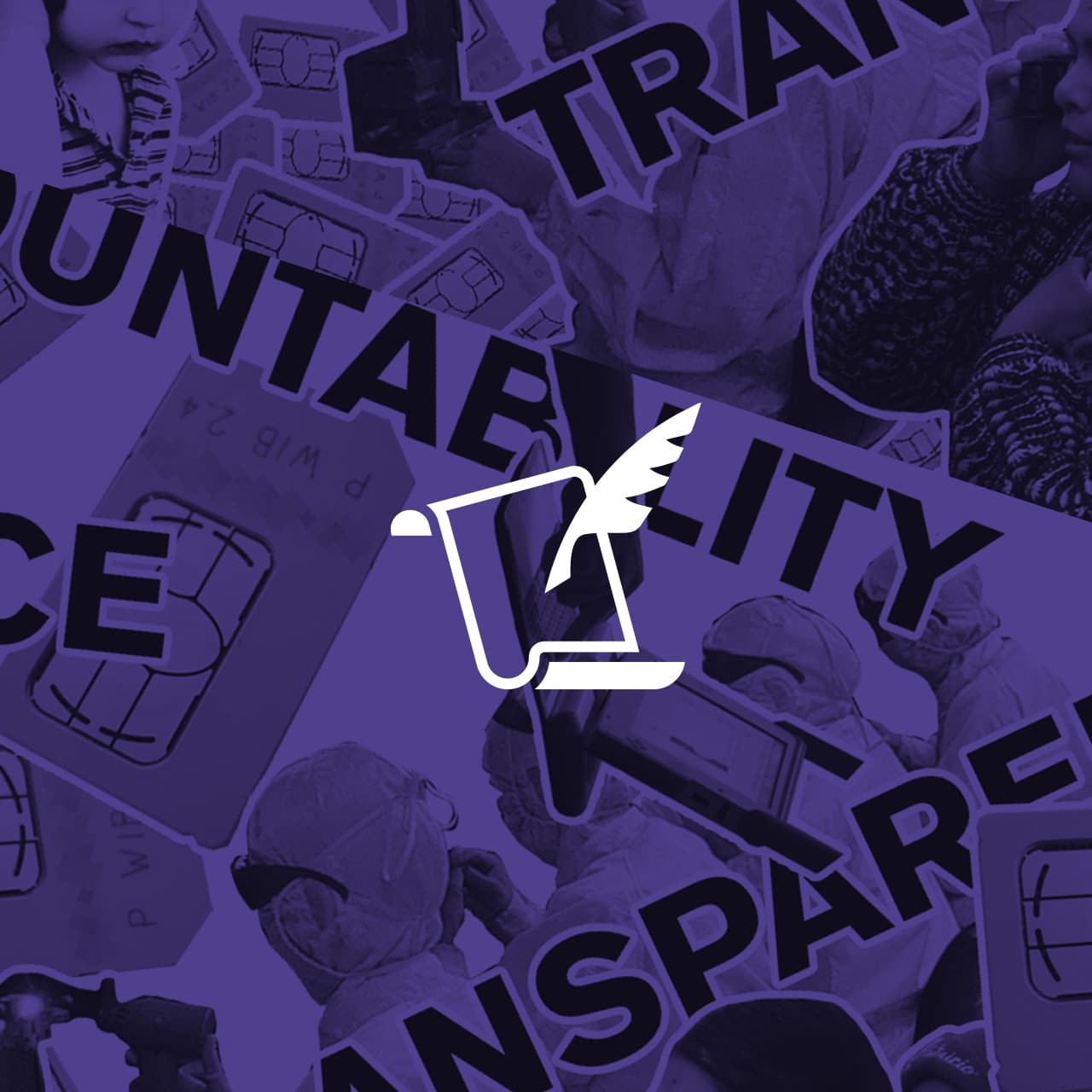
Download the BSR report “Legitimate and Meaningful: Stakeholder Engagement in Human Rights Due Diligence | Challenges and Solutions for ICT Companies” here
Download the Access response “Consulting Users the Right(s) Way” here
In September 2014, Business for Social Responsibility (BSR) released a working paper on best practices for stakeholder engagement in human rights due diligence. This paper, focusing on challenges faced by ICT companies when trying to engage with rights holders, was jointly produced with the Center for Democracy and Technology and commissioned by Microsoft’s Technology and Human Rights Center.
The UN Guiding Principles on Business & Human Rights clearly state that businesses must assess the risks their activities poses to human rights, and including through “meaningful consultation with potentially affected groups and other relevant stakeholders.” In human terms, this means that companies should contact and listen to the concerns that individuals and communities raise, before the company decides to enter a new market or to sell new technologies and services. But who exactly must be consulted, and how? This isn’t an academic question — this is a real, costly decision that the two telecoms newly operating in Myanmar, for example, have had to make.
To help more tech and telecom companies navigate this challenge, BSR produced a strong report, which Access has analysed. We have identified areas either overlooked by the BSR report or that could be further developed to improve and foster all stakeholders’ participation. In our brief, “Consulting Users the Right(s) Way,” we developed this analysis and put forward recommendations to further improve the work conducted on the BSR report. This post will briefly present these recommendations.
Who to engage with?
The report broadly analyses who companies should engage with when assessing human rights risks linked to their activities. It identifies various groups of stakeholders and recommends the development of a multi-stakeholder approach for user engagement are put forward. However, the report still lacks measures enabling the establishment of this inclusive model. To ensure the participation of multiple stakeholders, companies should allocate funds providing logistical support for users or develop alternative solutions such as online remote participation.
Companies can also improve stakeholder involvement by ensuring diversity within corporate staff, and providing human rights training to all employees. While the lack of diversity in top-level staff in the ICT industry is no secret, the report leaves out this issue. The high representation of white and Asian males from western developed countries have limited the development of a global perspective and understanding of local and regional human rights issues. Without increasing staff diversity, and instituting wide training on human rights, companies face an uphill battle in identifying and consulting affected stakeholders.
When to engage?
While not a major focus of the report, BSR recommends companies to engage with stakeholders on human rights issues at an early stage, before making business decisions are made. The paper acknowledges the importance of early consultation to better identify and mitigate risks. However, most of the proposals focus on short term engagement with rightholders. Access recommends the development of long-term and highly inclusive stakeholder engagement, to the benefit of companies and society, as it will facilitate the early detection and a better assessment of human rights risks.
Importantly, the report prioritized the need to protect the security of the communities and individuals being consulted. We encourage BSR to further develop its work on this crucial issue and look into measures to limit the collection of personal information to what’s necessary and to promote high standards for encryption. For instance, Access promotes greater attention to data collection and retention practices. Our Digital Security Action Plan provides seven security-enhancing steps that companies can take in order to provide a minimum amount of protection to personal data. These seven steps are adaptable to the needs of different companies and organisations and to future changes in technology.
How to engage?
The paper then extensively looks into different ways to engage with stakeholders. While several proposals for engagement are put forward, Access has identified two major shortcomings that need to be addressed to ensure meaningful stakeholder participation, including right holders, civil society members or activists.
Inclusive and effective participation require the development of a two-way dialogue between companies and stakeholders, where both can initiate the conversation. To do so, contact details of representatives from companies must be available at all time for stakeholders, and companies should avoid using third party intermediaries (like PR firms) to carry out consultations.
On the other hand, this engagement must be transparent. Access has long advocated for transparency as a needed tool to enhance trust. Businesses that respect fundamental human rights by operating transparently and accountably to all stakeholders foster more sustainable investment and goodwill in their services. However, when discussing trust, the report recommends conducting stakeholder engagement in secret. While ensuring confidentiality is essential, more effort should be made maximise transparency at all points of the stakeholder consultation process as transparency and security are not at odds.
What to engage on?
Finally, the report briefly comments on the content of stakeholder engagement when assessing human rights impacts. Meaningful consultation on these issues is not possible without a corporate staff trained to assess such risks. While the report recommends training for specific representatives, Access would like to see this commitment extended to the whole company staff to increase awareness and help preventing risks. In addition, engagement on specific issues rather than a limited focus on general ones should be developed.
Finally, the report succinctly comments on the common ICT company practice of removal of content, but fails to address the broader issues at stake. Thorough discussion on the liability of intermediaries needs to take place during stakeholder engagement, in order to assess the impact of such decisions on human rights and develop a predictable and transparent framework of actions in line with the rule of law.
What’s next
Access is encouraged by the progress made in the report and invites BSR to continue these efforts at its upcoming event including at the conference happening this week in New York and the upcoming UN Forum on Business and Human Rights taking place in Geneva from December 1 to 3.
